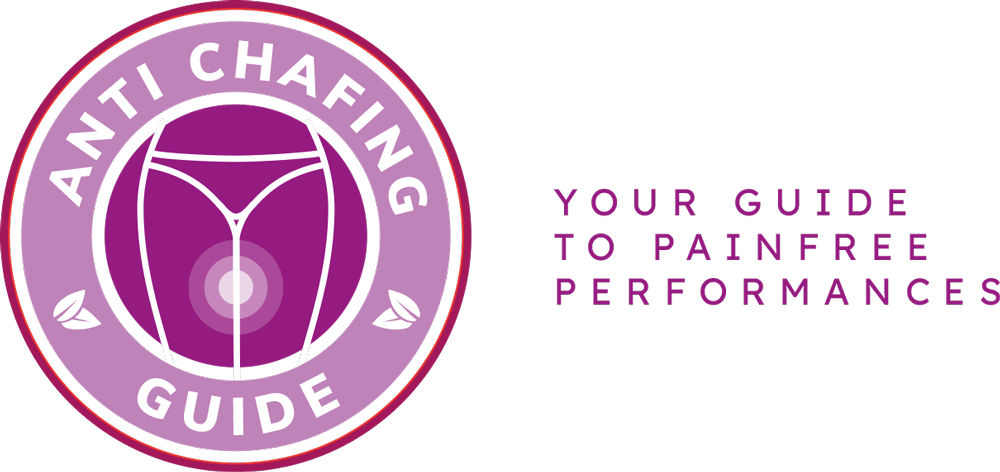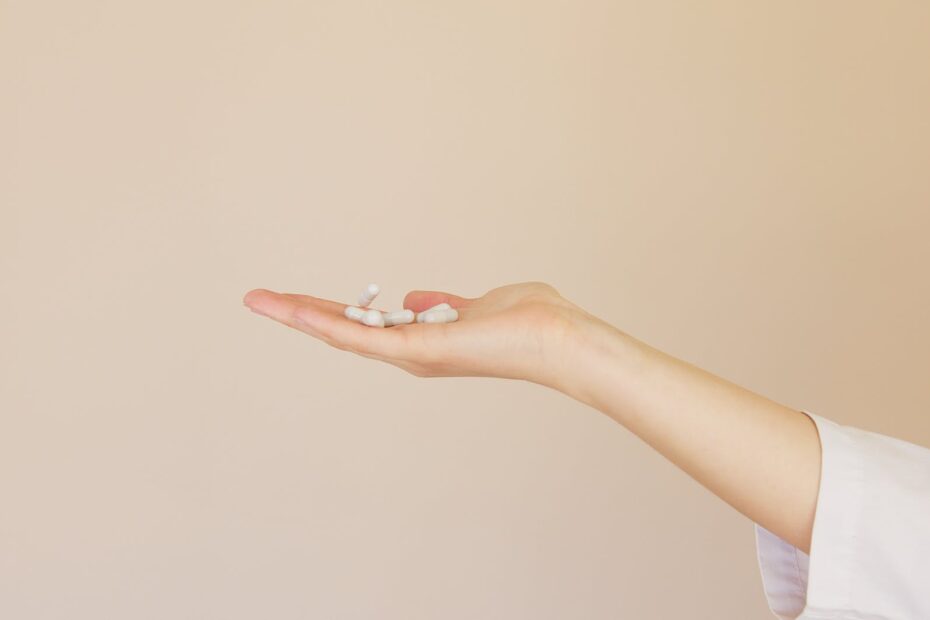Genital chafing can be a highly uncomfortable and irritating condition that affects both men and women. It occurs when the delicate skin in the genital area becomes irritated and inflamed due to friction or excessive moisture. But worry not, because in this ultimate guide to genital chafing, we will explore expert-approved remedies that can provide relief and prevent further irritation.
First and foremost, it’s important to understand the common causes of genital chafing. Friction from tight clothing, excessive sweating, and even certain fabrics can contribute to this uncomfortable condition. To avoid genital chafing, it is recommended to wear loose-fitting, breathable clothing and to keep the area clean and dry.
Now, let’s dive into the dermatologist-approved remedies to alleviate discomfort and prevent further irritation. One effective remedy is to apply a soothing ointment or cream specifically designed for chafed skin. These products often contain ingredients like aloe vera or chamomile, which can help reduce inflammation and promote healing.
Additionally, keeping the affected area moisturized with a gentle, fragrance-free moisturizer can provide relief. It’s also important to avoid any further irritation by refraining from scratching or rubbing the area. Instead, opt for wearing loose cotton underwear and using a gentle cleanser when washing the genital area.
Remember, prevention is key! By following these expert-approved remedies and taking preventative measures, you can alleviate discomfort and prevent future occurrences of genital chafing. Take care of your genital health and say goodbye to the discomfort of chafing!
What Causes Genital Chafing?
Genital chafing can be a discomforting issue that affects both men and women. It occurs when the delicate skin in the genital area becomes irritated and inflamed due to friction or moisture. Understanding the common causes of genital chafing is crucial in order to prevent this uncomfortable condition and maintain optimal genital health.
One of the main causes of genital chafing is excessive moisture in the genital area. This can occur due to sweating, wearing tight or non-breathable clothing, or inadequate hygiene. Friction is another common cause, which can be caused by activities such as running, cycling, or sexual intercourse. Certain fabrics, such as rough or synthetic materials, can also contribute to chafing.
To avoid genital chafing, it is important to keep the genital area clean and dry. Opt for breathable cotton underwear and avoid tight-fitting clothing. Applying a talcum powder or anti-chafing cream can help reduce friction and keep the skin lubricated. Additionally, staying hydrated and maintaining a healthy weight can also help prevent chafing.
| Common Causes of Genital Chafing: |
|---|
| Excessive moisture in the genital area |
| Friction from activities or rough fabrics |
| Tight or non-breathable clothing |
| Poor hygiene |
By understanding the causes of genital chafing and taking preventive measures, you can maintain optimal genital health and avoid the discomfort associated with this condition. Remember to listen to your body, practice good hygiene, and make choices that prioritize your comfort and well-being.
Effective Remedies for Genital Chafing
Genital chafing can be a painful and uncomfortable condition, but luckily, there are effective remedies and treatments available to provide relief and prevent future occurrences. As a dermatologist with expertise in chafing, I have compiled a list of dermatologist-recommended remedies that can help soothe and heal genital chafing.
One of the most important steps in treating genital chafing is to keep the affected area clean and dry. This can be achieved by gently washing the area with a mild soap and patting it dry with a soft towel. Avoid using harsh soaps or scrubbing the area vigorously, as this can further irritate the skin.
In addition to keeping the area clean, applying a soothing ointment or cream can provide relief and promote healing. Look for products that contain ingredients such as aloe vera, calendula, or zinc oxide, as these can help reduce inflammation and protect the skin from further irritation.
It is also important to wear loose-fitting and breathable clothing to allow the skin to breathe and prevent friction. Avoid tight underwear or pants that can rub against the skin and exacerbate chafing. Opt for moisture-wicking fabrics that can help keep the area dry.
Furthermore, incorporating anti-chafing powders or balms into your daily routine can provide an additional layer of protection. These products help reduce friction and keep the skin moisturized, preventing chafing from occurring in the first place.
Remember, prevention is key when it comes to genital chafing. By following these dermatologist-recommended remedies and taking proactive measures to keep the affected area clean and dry, you can soothe and heal genital chafing, providing relief and preventing future occurrences.
Frequently Asked Questions
- What are the common causes of genital chafing?
Genital chafing can be caused by various factors such as friction from tight clothing, excessive moisture, vigorous physical activity, or certain skin conditions. It is important to identify the root cause to effectively prevent and treat chafing.
- How can I prevent genital chafing?
To prevent genital chafing, it is recommended to wear loose-fitting and breathable clothing, especially in sensitive areas. Keeping the genital area clean and dry, using talcum powder or lubricants, and avoiding prolonged exposure to moisture can also help reduce the risk of chafing.
- What are some effective remedies for genital chafing?
There are several remedies that can provide relief from genital chafing. Applying a soothing ointment or cream containing ingredients like aloe vera or hydrocortisone can help reduce inflammation and discomfort. Taking warm baths with Epsom salt or using cool compresses can also provide relief. Additionally, wearing breathable cotton underwear and avoiding activities that cause excessive friction can aid in the healing process.
- When should I seek medical attention for genital chafing?
If the symptoms of genital chafing persist or worsen despite home remedies, it is advisable to consult a dermatologist or healthcare professional. They can assess the severity of the condition and provide appropriate medical treatment or further guidance.
- Can genital chafing be prevented during physical activities?
Absolutely! To prevent genital chafing during physical activities, it is important to wear moisture-wicking and supportive clothing. Applying a lubricant or anti-chafing balm to areas prone to friction can also help reduce the risk of chafing. Additionally, taking regular breaks, staying hydrated, and maintaining good hygiene practices can contribute to preventing chafing during physical exertion.


Keith is originally from Truckton, Colorado. The 54-year-old cared for his overweight wife for many years. Keitch is also a freelance editor at antichafing.net and supports the team as a competent advisor. In his spare time Keith enjoys reading books, visiting his homeland and is a passionate product tester for well-known manufacturers.

